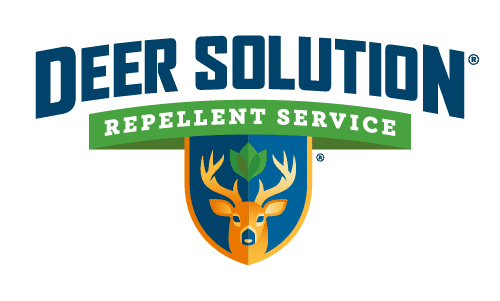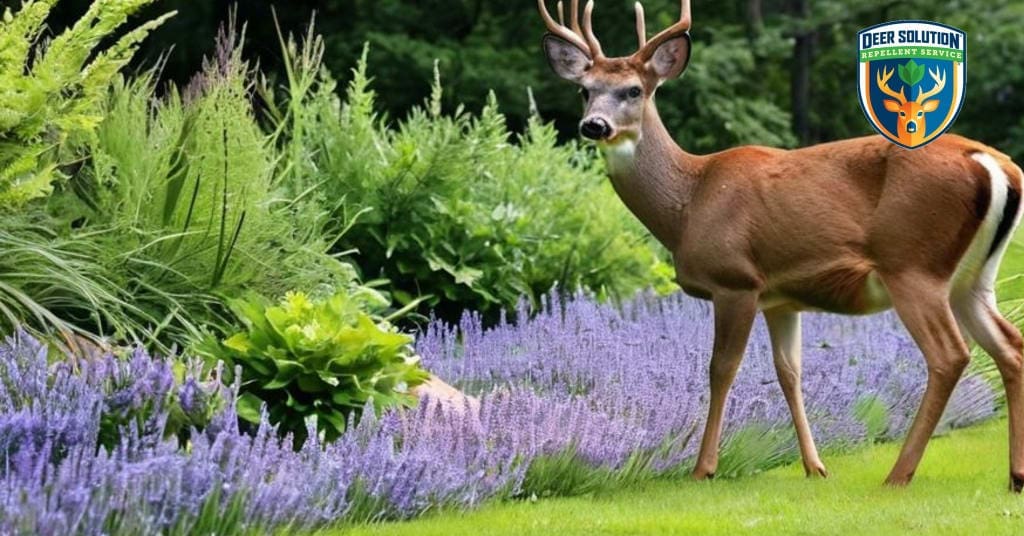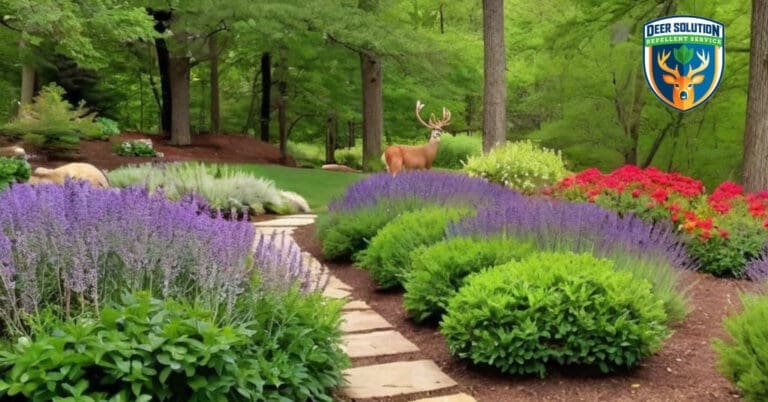When it comes to maintaining a beautiful garden, understanding the dietary habits of deer is crucial. One common question that arises is, do deer eat Christmas berries? These vibrant berries, often found on Ilex opaca (American holly) and Ilex aquifolium (English holly), can be a delightful addition to your garden. However, they can also attract unwanted attention from deer, posing a challenge for gardeners looking to preserve their festive displays.
Why Deer Adapt Their Diets to Include Christmas Berries
Deer are adaptive feeders, meaning their diet changes based on the availability of food sources and the seasons. During winter, when natural food sources are scarce, deer expand their diet to include a wider variety of plants, including Christmas berries. This survival strategy ensures they obtain the necessary nutrients to endure the harsh conditions.
The Nutritional Appeal of Christmas Berries
Christmas berries are rich in carbohydrates, vitamins, and antioxidants, which provide essential nutrients for deer during the winter months. These nutrients help maintain energy levels, support immune function, and promote overall health. The bright red berries are not only visually appealing but also serve as an important food source when other options are limited.
The high carbohydrate content in Christmas berries provides a quick energy boost, which is crucial for deer as they navigate the harsh winter landscape. Additionally, the vitamins and antioxidants found in these berries support the deer’s immune system, helping them fend off diseases during a time when they are more vulnerable to illnesses due to the cold weather and limited food supply.
Impact of Deer on Local Ecosystems
The feeding habits of deer, including their consumption of Christmas berries, play a significant role in local ecosystems. By eating these berries, deer help control plant populations, which can affect the availability of resources for other wildlife. However, overfeeding can lead to imbalances, making it important for gardeners to manage deer activity in their gardens responsibly.
Deer overpopulation and excessive feeding can lead to the decline of certain plant species, which in turn impacts the animals that rely on those plants for food and shelter. For example, if deer over-consume Christmas berries, other species that depend on these berries as a winter food source may struggle to find adequate nutrition. This ripple effect highlights the importance of maintaining a balanced ecosystem and implementing strategies to manage deer populations effectively.
Scientific Insights on Deer Feeding Patterns
Recent studies have shown that deer are highly adaptable creatures with complex feeding patterns. Researchers have observed that deer often choose their food based on the nutritional content and availability. In areas where natural food sources are limited, deer are more likely to consume garden plants, including Christmas berries. Understanding these patterns can help gardeners develop better strategies to coexist with wildlife.
One study conducted by wildlife biologists found that deer are more likely to feed on plants with higher nutritional value during the winter months. This behavior ensures that they receive the necessary nutrients to survive in harsh conditions. Additionally, the study revealed that deer are capable of learning and remembering the locations of food sources, which means they may return to gardens where they have previously found food. This adaptive behavior underscores the importance of using effective deterrents to prevent repeated deer visits.
Custom Deer Management Plans
For gardeners seeking personalized solutions, Deer Solution provides custom deer management plans tailored to your specific landscape needs. These plans involve a thorough assessment of your garden and the implementation of targeted strategies to protect your plants. With over 40 years of expertise, Deer Solution ensures that your garden remains vibrant and deer-free.
Each custom plan starts with a detailed assessment of the property, taking into account the types of plants present, the level of deer activity, and any previous damage. Based on this assessment, Deer Solution’s experts develop a comprehensive plan that may include the application of all-natural repellents, recommendations for deer-resistant plants, and ongoing monitoring to ensure the effectiveness of the implemented strategies. This personalized approach not only protects your garden but also promotes a healthy and balanced ecosystem.
A satisfied customer shared their experience: “”Before working with Deer Solution, our garden was constantly damaged by deer. Since implementing their custom management plan, we’ve seen a significant reduction in deer visits and our Christmas berries have thrived.””
Deer Solution’s Commitment to Sustainable Practices
While addressing deer-related landscape challenges can seem daunting, Deer Solution offers a specialized approach grounded in our eco-friendly ethos and decades of expertise. Our all-natural repellent service is designed to help protect your garden from deer damage, ensuring your Christmas berries and other plants thrive. By choosing Deer Solution, you are opting for a sustainable method to maintain the health and beauty of your landscape. Our commitment to eco-friendly practices means that we prioritize the well-being of the environment while providing solutions that are both practical and effective for our clients.
Contact Us
For more information on protecting your garden from deer, or to learn more about our eco-friendly repellent services, please contact Deer Solution today. Our experts are here to help you maintain a beautiful and thriving garden all year round.












